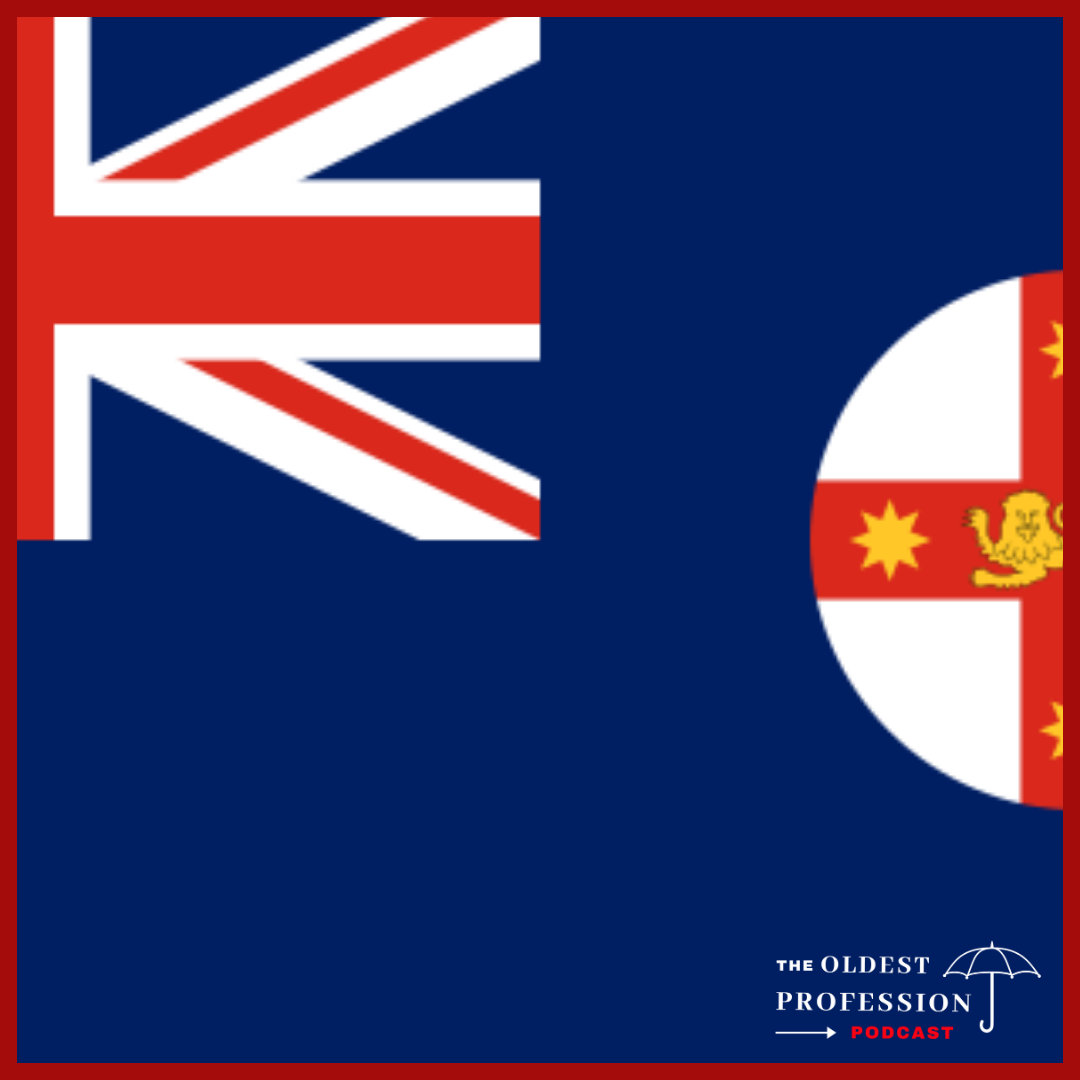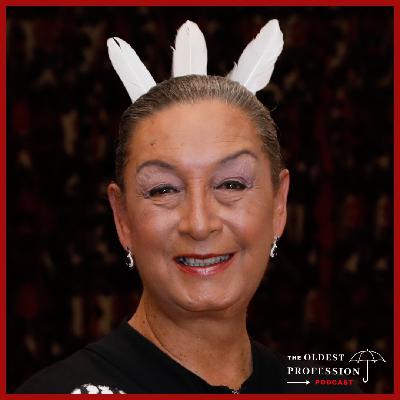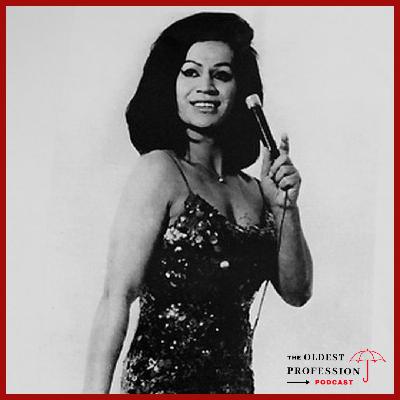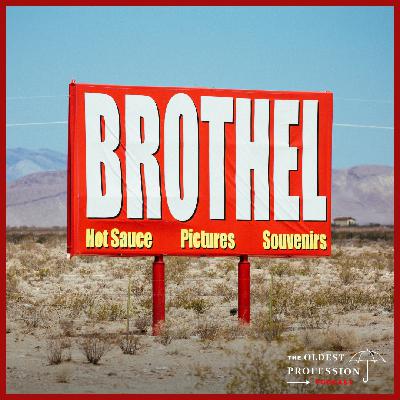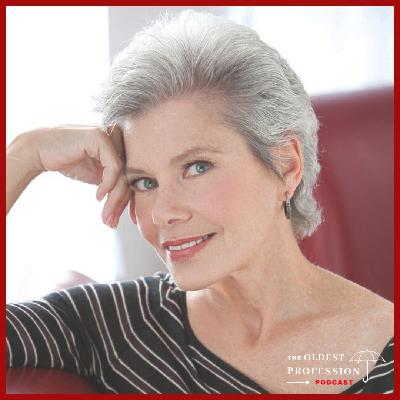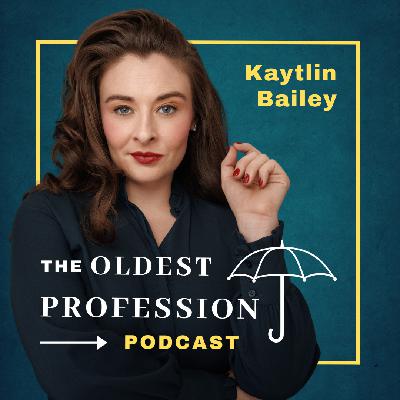History of Decriminalization in Australia: Part 1
Description
In 1995, New South Wales, Australia became the first place on earth to fully decriminalize adult consensual sex work. How did that happen – and what can today's decrim campaigns learn from it?
In this first of two episodes, host Kaytlin Bailey traces the long arc of sex worker organizing in Australia, from colonial brothels and early feminist allies to the HIV/AIDS crisis and a massive police corruption scandal that forced lawmakers to change course.
You'll hear from three longtime sex worker rights leaders who were there:
-
Elena Jeffreys – sex worker and lead advocate for Scarlet Alliance, the Australian Sex Workers Association, reflecting on the legacy of Aboriginal and Torres Strait Islander sex worker leadership and the national movement.
-
Julie Bates – former street-based sex worker, peer educator, and organizer who helped found the Australian Prostitutes Collective and later received royal honors for her activism. Julie walks us through street decrim in 1979, early safer sex campaigns, and convincing brothel owners and cops to join the cause.
-
Eurydice Aroney – former sex worker, researcher, and advocate who lived and worked in Sydney's red light district in the early 1980s and helped document the realities of policing, residential backlash, and the fight for reform.
Together, they tell the story of how:
-
Sex workers literally built colonial Australia and created vibrant working-class communities.
-
Early feminists and left organizers pushed to repeal "victimless crimes," winning the 1979 repeal of the Summary Offences Act and the first decriminalization of street-based sex work.
-
Street-based workers led the way on HIV prevention, normalizing condom use even while brothel condoms were treated as evidence of a crime.
-
The Wood Royal Commission exposed entrenched police corruption, forcing both major parties to confront the reality that criminalization fuels abuse, not safety.
-
Transgender advocate, sociologist, and sex worker Roberta Perkins used rigorous community-based research to give sex workers a seat at the table and arm allies with the data they needed to argue for, and win, decrim.
We end this episode at the moment decriminalization finally passes in New South Wales with comfortable majorities in both houses of parliament and support from both major parties. This sets us up part two, where we'll dig into what happened next and what today's movements need to know.
This is Part 1 of our series on the decriminalization of sex work in Australia.
Listen, subscribe, and share with someone who still thinks criminalization "helps" sex workers. Learn more and sign up for our weekly newsletter at oldprosonline.org.

